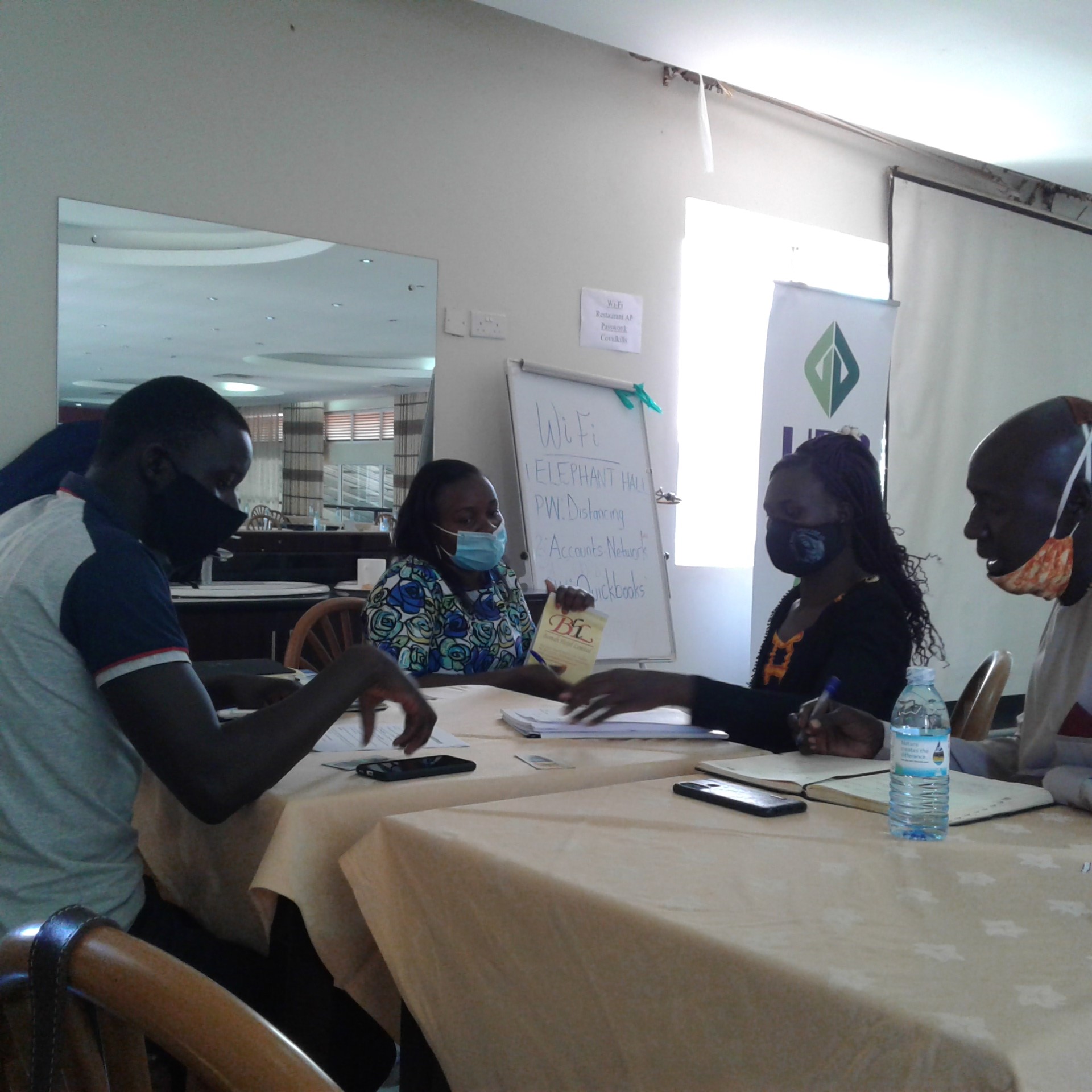GULU – Uganda Development Bank Limited (UDB) has earmarked about Shs 35.3 billion to reduce poverty among 1.5 million Ugandans in the next four years, through agro-industrialization, manufacturing, infrastructure development, human capital development, and tourism.
This revelation was made during a Business Clinic on the Social Economic Development Impact of the Post War Northern Uganda on Thursday at Bomah Hotel in Gulu City on Thursday, August 26th,2021.
In partnership with Operation Wealth Creative (OWC), the five-year project which started in 2020, includes among other things; supporting farmers to reduce post-harvest losses.
https://thecooperator.news/owc-to-cluster-beneficiaries-for-value-addition/
A 2014 report by Simon J. Costa on “Reducing Food Losses in Sub-Saharan Africa,” indicates Uganda in some sectors loses 40% of its yields post-harvest due to inadequate storage facilities and surpluses, poor drying and high moisture content during drying, storage impurities, contamination, damage by pests and insects, leading to food insecurity, and undernutrition among smallholder families, especially during off-season periods.
Steve Kakonge, the Senior Investment Manager in charge of agriculture at UDB said the bank intends to support farmers to acquire silos, storage warehouses, tarpaulins, and moisture meters, to enable them to store their harvests for longer periods.
Other projects include; supporting women to start or grow their businesses and helping farmers acquire irrigation schemes to feed their farms.
“Most of our agriculture is still rain-fed and that is not sustainable because (weather) patterns have changed. You might expect rains in March and it does not show up,” Kakonge said.
“We also have that cattle corridor, which is dry. We would like to see people there getting into more production by harvesting water or getting underground water to feed crops during the dry period,” Kakonge added.
“Women have for decades not been favored culturally and in the employment world, which makes them lack the security they require to start their businesses on a large scale,” he stated.
“So, we want to have products that we can tweak to suit the women and bring them on board and at the same level as men by giving them access to finances,” he said.
While women make up 77% of total farmers, less than 20% of women farmers control outputs from their efforts and only 27% of registered land is owned by women, according to a pilot study by International Food Standard Project Report, 2016.
“Across our high impact goals, we are targeting to uplift up to one million Ugandans out of poverty and make sure at least 500,000 Ugandans are food secure,” he added.
Asked how much money the bank intends to inject into the project, Kakonge said; “We can’t place an exact figure, but our lending can go as high as USD10 million which is about Shs 35.3 billion.”
Ronald Reagan Ojok, the Senior Monitoring and Evaluation Officer (UDB) said, in 2020, the bank revised its sustainability strategy to align itself with National Development Plan III (NDP III) and the Sustainable Development Goals (SDGs) to implement projects that are in line with the government’s aspirations.
“We are not the only entity trying to improve the quality of life of Ugandans and that we well understand. But our entry point will be reducing poverty, building a sustainable food system, and industrializing Uganda to improve the quality of lives of Ugandans,” Ojok said.
“Our goal one is to uplift 1.5 million Ugandans from poverty by 2024. This figure of 1.5 million has been revised looking at the resources that have been flowing to the bank in the last one or two years. During conceptualization we were looking at 500,000 Ugandans,” he said.
According to Ojok, UDB will relieve one million people from hunger by supporting them to produce food both for home consumption and export.
“If you have excess, that means you can generate money for other home needs. There are specific value chains that have been selected, rice, cassava, and maize. If we increase yields in these areas, it means we would trigger many people to move above USD1.9 per day,” Ojok said
“We shall assess you at the time you come to the bank and try to probe whether after giving you the money there will be a possibility of increment as long as the increment can hit a salary of more than 210,000 per day, for a casual worker, we see you pulling this person from below poverty line to above poverty line,” he said.
Dr. Ogenga Otunu advised the farmers in Acholi to take full advantage of the officials of OWC in the region, and access what they need when they are still here.
“We are trying to help the farmers access finances from the bank. The region with the most fertile, largest track of land in the country but is the poorest. This must change,” Dr. Otunnu said.
Silvia Damalie Owori, a Director of Operations at OWC, and Assistant Manager to Chief Coordinator of OWC said, Acholi could have been rich already, because they have the richest investment, but did not have opportunities to make them utilize their land.
“When we had a team of cooperatives here, we were talking about cotton because my background is clothing and fashion. I asked what happened to our cotton, it used to be a cash crop?” she asked.
“We are going to restore cotton production, develop the region, and industrialize it. So, there is hope. I am here to inspire you. I have never been employed, but I recently got one of the highest positions in the land. That means you can be anything you think you want to be at any time,” Owori said.
“Now that we have the eye and ears of the President and the Chief Coordinator of OWC, let us make use of that opportunity so that we don’t fail,” she added.
Buy your copy of theCooperator magazine from one of our countrywide vending points or an e-copy on emag.thecooperator.news
